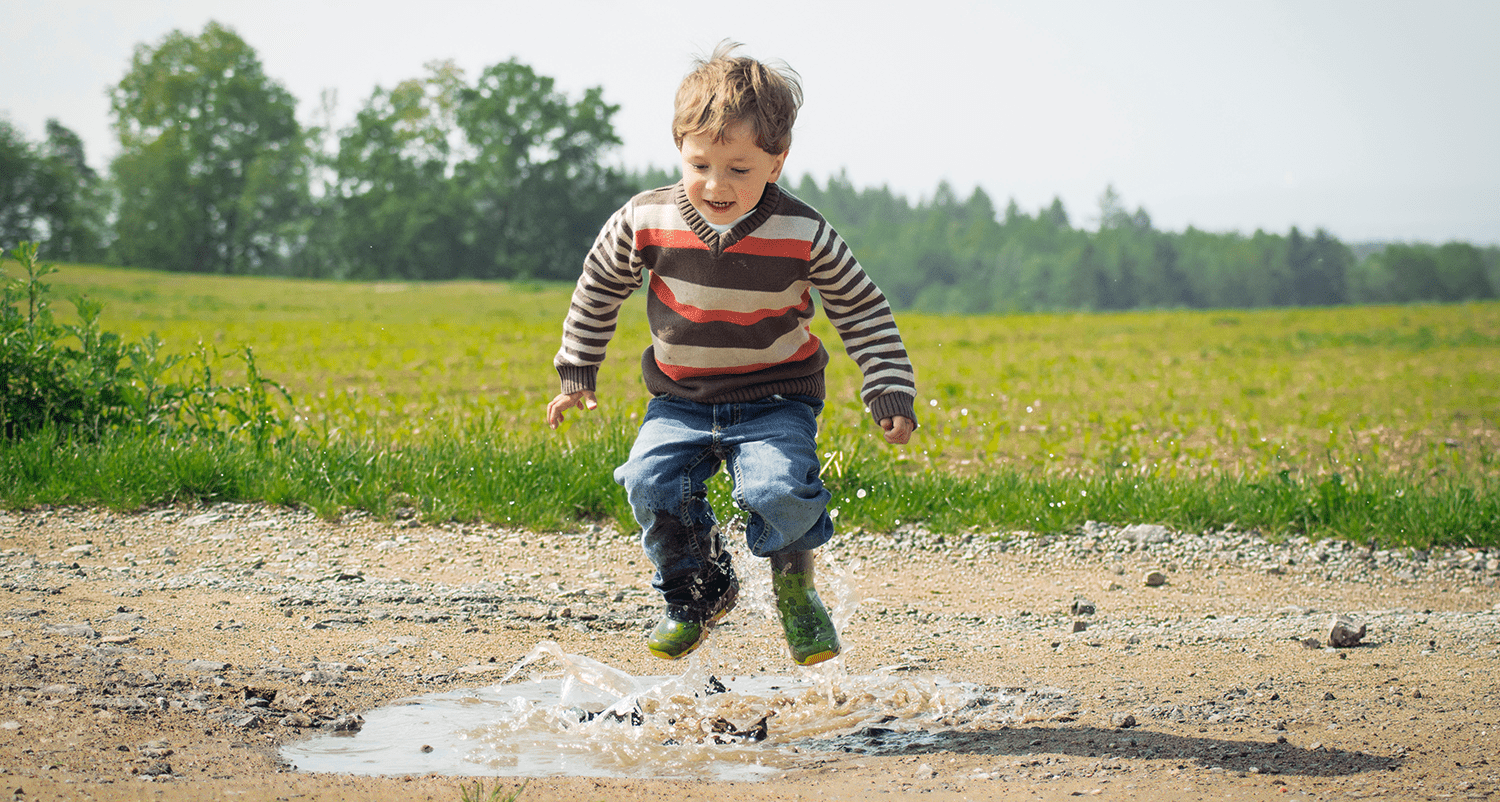
Adverse Childhood Experiences: ACEs Screening for Children?
The ACE studies have been at the forefront of nearly every early childhood conference I’ve attended for the past couple of years. ACE is an acronym for adverse childhood experiences, such as domestic violence, divorce, death of a parent, family members’ substance abuse or mental health challenges. These studies have raised our understanding of both the high prevalence and long-term consequences of adverse childhood experiences. Also, we’ve learned that children of various backgrounds and socio-economic levels can suffer adverse events. We are now aware that ACEs may occur in families from all walks of life. The initial ACE study at the Kaiser Permanente HMO in California in the late 1990s demonstrated that nearly two-thirds of the 17,000 participants reported at least 1 ACE and one-fifth reported 3 or more ACEs. As the number of ACEs increased, so did the likelihood of showing unhealthy behaviors and negative physical and mental health outcomes as adults. Subsequent studies have shown similar results in multiple populations, raising alarming public health concerns. It is important to note that the initial ACE study was done with the general population of people receiving HMO care, without selection for risk factors.
Building upon the ACE studies conducted with adults, Child Trends issued a report citing data from National Survey of Children’s Health, 2011/12 regarding 9 adverse experiences of children. This US national survey has been conducted by telephone every 4 years since 2003 regarding children’s physical and mental health, and family and community experiences. (The next data collection will be in 2016/17.) The good news in 2011/12 is, for 53% of children birth to 17 years, there were no reports of adverse experiences. At the other extreme, 12% of children were reportedly exposed to three or more adverse experiences.
The most frequent adverse experiences reported were:
> 26% frequent economic hardship
> 20% parental divorce or separation
> 11% lived with someone with a substance abuse problem
> 9% witnessed/experienced violence in their neighborhood
> 9% lived with someone who was mentally ill or suicidal
Children cannot handle these experiences alone. Facing any of these experiences is too much for a child to navigate, unless they have a nurturing parent (or other trusting adult) by their side.
Can we prevent the negative consequences of ACEs for today’s children and
improve the health of tomorrow’s adults?
According to Nadine Burke Harris, the answer is a resounding YES! Dr. Burke Harris founded the Center for Youth Wellness, an initiative at the California Pacific Medical Center Bayview Child Health Center in order to effectively treat toxic stress in children. Listen to her persuasive Ted Talk about the effects of repeated childhood traumatic experiences on brain development and lifelong health. She argues that pediatricians need to screen children for ACEs as part of routine health care in order to identify current health issues and prevent adult health problems. Dr. Burke Harris and her colleagues laid out their health care model and rationale in a recent article titled, Screening for Adverse Childhood Experiences (ACEs) in an Integrated Pediatric Care Model [read the article – S.K. Purewal, et al. (2016). Zero to Three Journal, January, vol 36(3), 10-17. Order ZTTJ issue].
At the Center for Youth Wellness, they have developed, and are currently validating, the CYW ACE-Q, a questionnaire for screening and outcome evaluation, specifically for children and adolescents. This tool is integrated into their pediatric care model of screening, counseling, referral and integrated care for children.
“By screening youth for ACEs early and regularly, pediatric care providers and their behavioral health partners can implement primary prevention strategies to educate caregivers about the impact of adversity on their child’s developing brain and body and can tailor integrated interventions . . . . [Children’s] increased neuroplasticity also offers the opportunity for healing when there is early detection and effective intervention (Knudsen, 2004).” [Purewal,et al., ZTTJ, vol 36(3)vol 36(3), Page 12]
These pediatric specialists wisely cautioned health care providers to immerse themselves in the ACEs literature, clarify the purpose and goals of screening, and consider their staff and organizational readiness for referral and treatment before introducing an ACEs screening tool.
Moving beyond the health clinic, as we have discussed before in this blog, research has shown that quality parenting can lessen the consequences of adverse childhood experiences [see previous blogs (1) and (2)]. To enhance the CYW model of care, I recommend supporting parents so they can provide a responsive, nurturing environment which reduces the negative consequences of ACEs. This would include an observational parenting assessment, like KIPS, specially designed for families of children under 6 years old. An observational assessment of parent-child interaction can identify each parent’s strengths and areas for growth in building the parent-child relationship, promoting learning, and supporting his/her child’s coping with adverse childhood experiences.
Watch for our next KIPS Blog in the next week or two. We’ll explore issues concerning ACEs screening for parents – limitations and alternatives.
